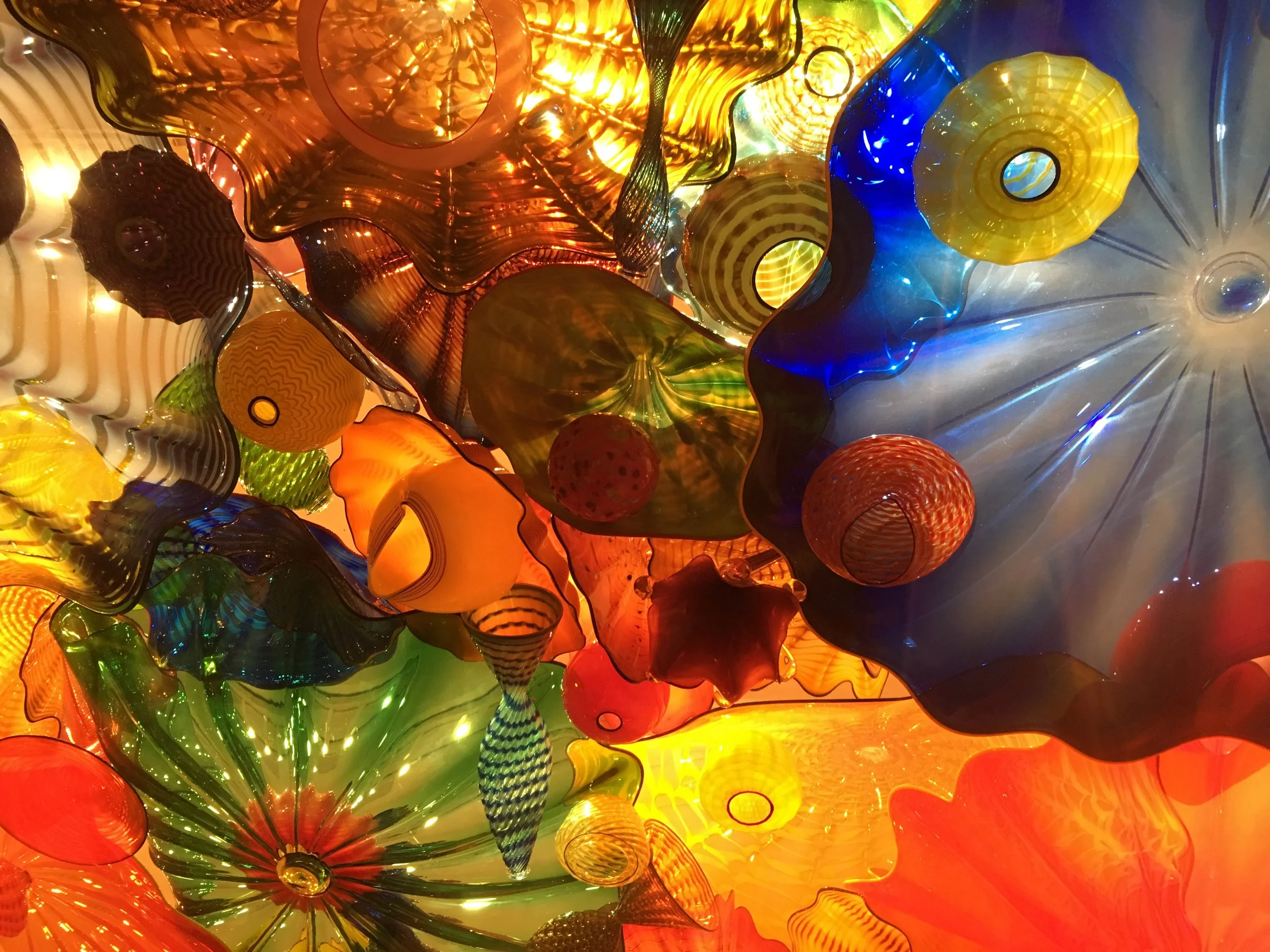Learn about the experience of insomnia as described in this Huffington Post article entitled “This Is What Insomnia Really Feels Like” featuring the advice of Dr. Peters.
Alcohol Use May Have Surprising Impacts on Sleep
Virginia Mason Physician Writes Step-by-Step Therapy Guide for Ending Insomnia without Drugs
Making the Case for Cognitive Behavioral Therapy for Insomnia Treatment
Insomnia can be a devastating disorder and effective treatment of insomnia may be elusive. Sleeping pills have side effects and may be dangerous or ineffective. Cognitive behavioral therapy for insomnia (CBTI) can be helpful, and online therapy may make the treatment more accessible for millions of people in need of it. Read more from Dr. Peters on The Huffington Post.
Insomniacs Are Helped by Online Therapy, Study Finds
The same digital screens that have helped nurture a generation of insomniacs can also help restore regular sleep, researchers reported. In a 2016 study, more than half of chronic insomniacs who used an automated online therapy program reported improvement within weeks and were sleeping normally a year later. Read more from The New York Times.
Am I Getting Older -- Or Am I Getting Sleep Apnea?
What if some of the problems so often associated with growing older didn’t need to occur? Better yet, what if some of these physical and mental impairments could be reversed? Consider the role of sleep apnea as an unexpected contributor to many ailments erroneously attributed to aging and the reversals possible with effective treatment. Read more from Dr. Peters on The Huffington Post.
Unexpected Midnight Snacks: A Case of Sleep Eating
A few months ago, I met with a woman in Stanford’s general sleep clinic who had a common complaint: restless sleep. However, upon further questioning, it became clear that she had a slightly more unusual problem. She had recurrent episodes of sleep-related eating.
What If It Is Not Your Sleep? Exploring Other Causes Of Daytime Fatigue
When sleep is not refreshing, the feelings of tiredness and fatigue can undermine your daytime function. Beyond common sleep disorders like obstructive sleep apnea and insomnia, what are some of the reasons for feeling tired? Explore some of these potential causes, ranging from medications to diet and exercise, and try to discover what you can do to feel better.
Medications May Cause Dementia, But It Could Be Untreated Sleep Apnea
The news was enough to give you indigestion: Some of the over-the-counter and prescription medications most widely used to treat heartburn and acid reflux are linked to the development of dementia. The research suggesting a possible association is the latest in a string of implicated drugs over the past few years, including medications taken to treat anxiety, seizures, insomnia, and allergies. What is going on? Before emptying out the medicine cabinet, take a moment to consider the role of untreated obstructive sleep apnea. Discover more in this Huffington Post article by Dr. Peters.
You May Be Getting Up to Pee At Night Because of Sleep Apnea
Just like clockwork, it’s time to get up and pee again. If it seems like the bane of getting a continuous night of sleep in middle age and beyond, it may not have to be. Learn a surprising reason why you may have to wake to urinate at night and how improvement can occur without seeing a urologist, but a sleep specialist instead. Discover more in this Huffington Post article by Dr. Peters.
What Does It Mean to Be a Board-Certified Sleep Specialist?
Health care can be a complicated and convoluted endeavor. From the perspective of a patient, it can be downright bewildering. It’s even hard to determine the role of your caregiver at times. There are a lot of credentials thrown around these days. Some health care providers seem to have more letters after their names than letters in their names. It may be difficult to sort out the training and authority of your provider, a term itself that lumps together physicians with other trained professionals. In the realm of sleep, it can be helpful to explore the meaning of some commonly used descriptors and how they have changed over the years to ensure that you get the care that you need. Discover more in this Huffington Post article by Dr. Peters.
Get Help for Your Teen’s Sleep as School Begins
Poor sleep can profoundly affect the lives of teenagers. As summer draws to a close and school-aged children gear up to return to class, it is helpful to pause and recognize the importance of quality sleep. In order to achieve this, as this clinical case demonstrates, some youth may need help from a sleep specialist. Discover more in this Huffington Post article by Dr. Peters.
Am I Crazy? The Bizarre Experience of Sleep Paralysis
Quite simply, the experience of sleep paralysis sounds too crazy to be true. When it occurs, which it does with surprising frequency, the victim often questions his or her own sanity. It is not uncommon to ascribe the experiences to demonic possession, aliens, and any number of otherworldly phenomena. What exactly is sleep paralysis? Learn about this unusual experience and what science tells us about the likely cause. Discover more in this Huffington Post article by Dr. Peters.
Can Your Nose Make You Fat?
It is an unusual thought, and one that is meant to be a little provocative. In a culture obsessed with both appearance and health, could there be an unlikely association between the two? Is it possible that your nose might not make you look fat, but could it actually make you become fat? In considering the matter, there is much to learn about the relationship between the body and its function as well as the role of quality sleep in proper metabolism. Discover more in this Huffington Post article by Dr. Peters.
